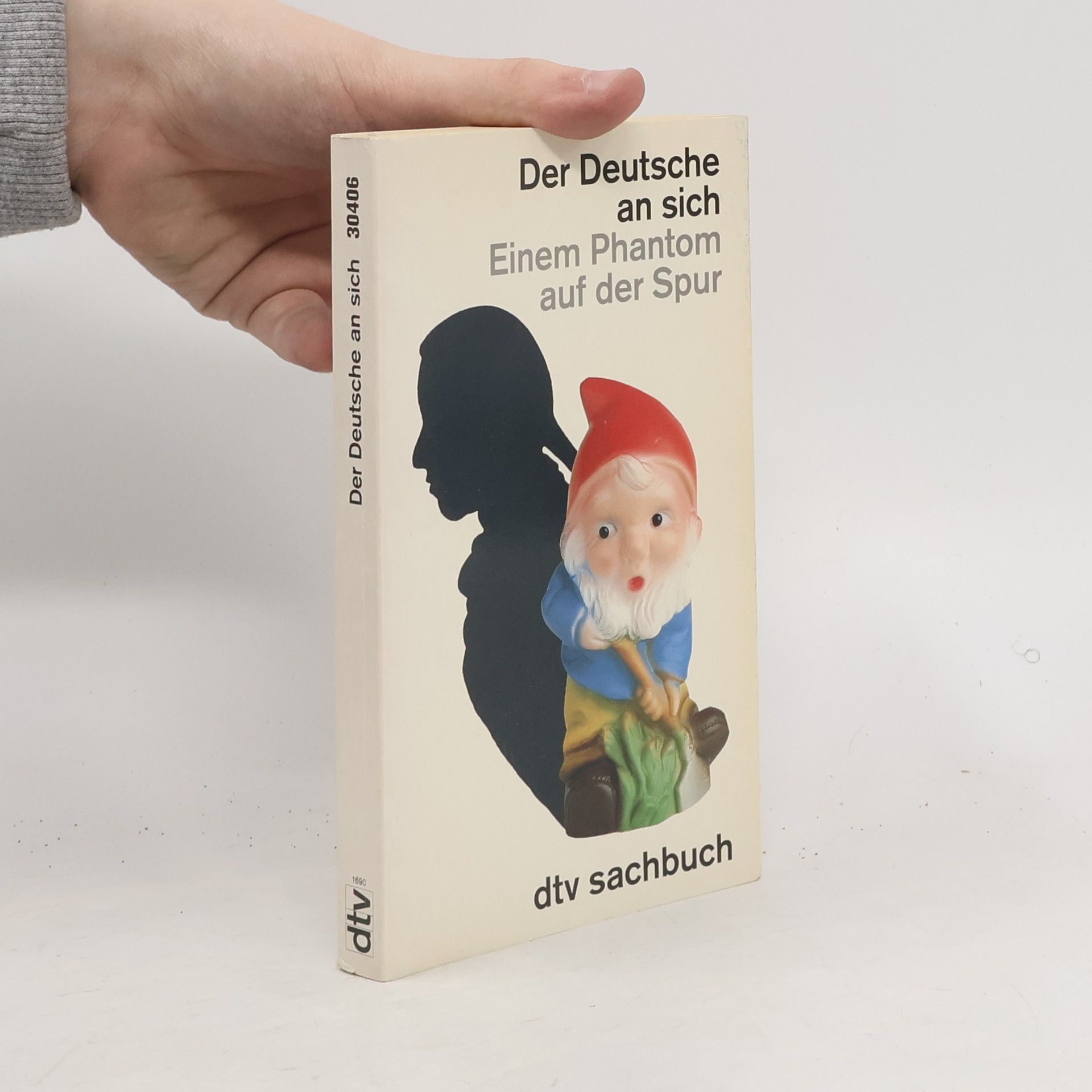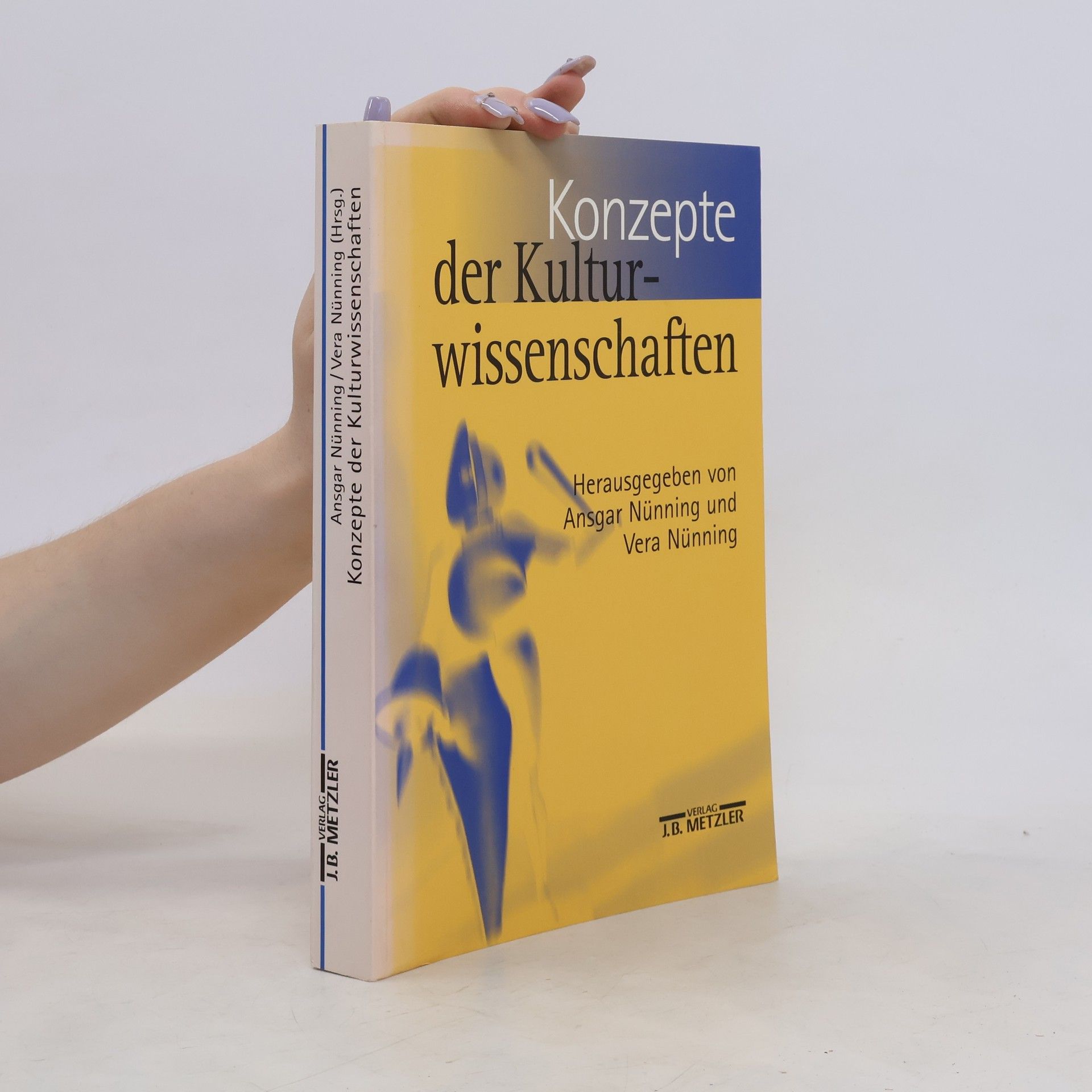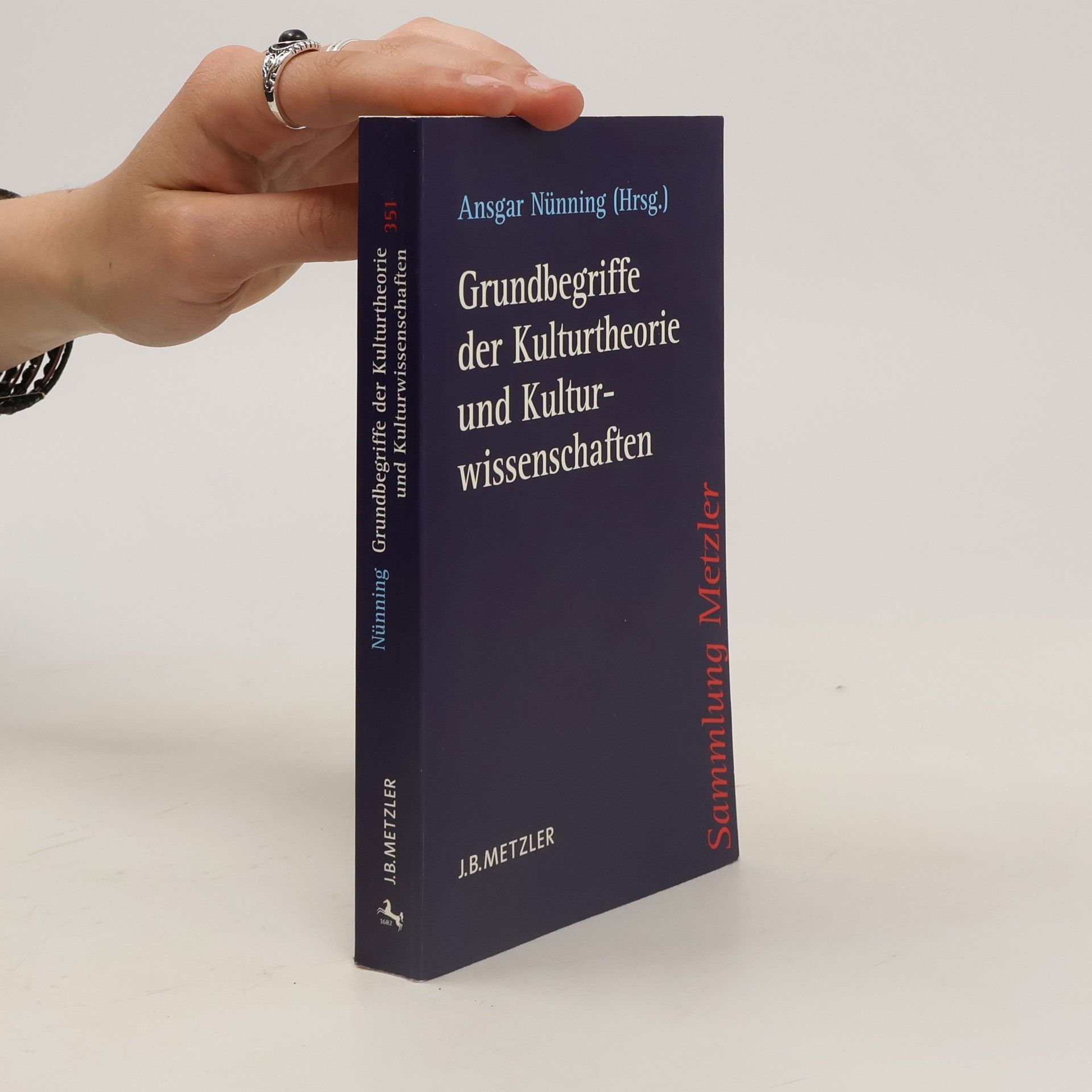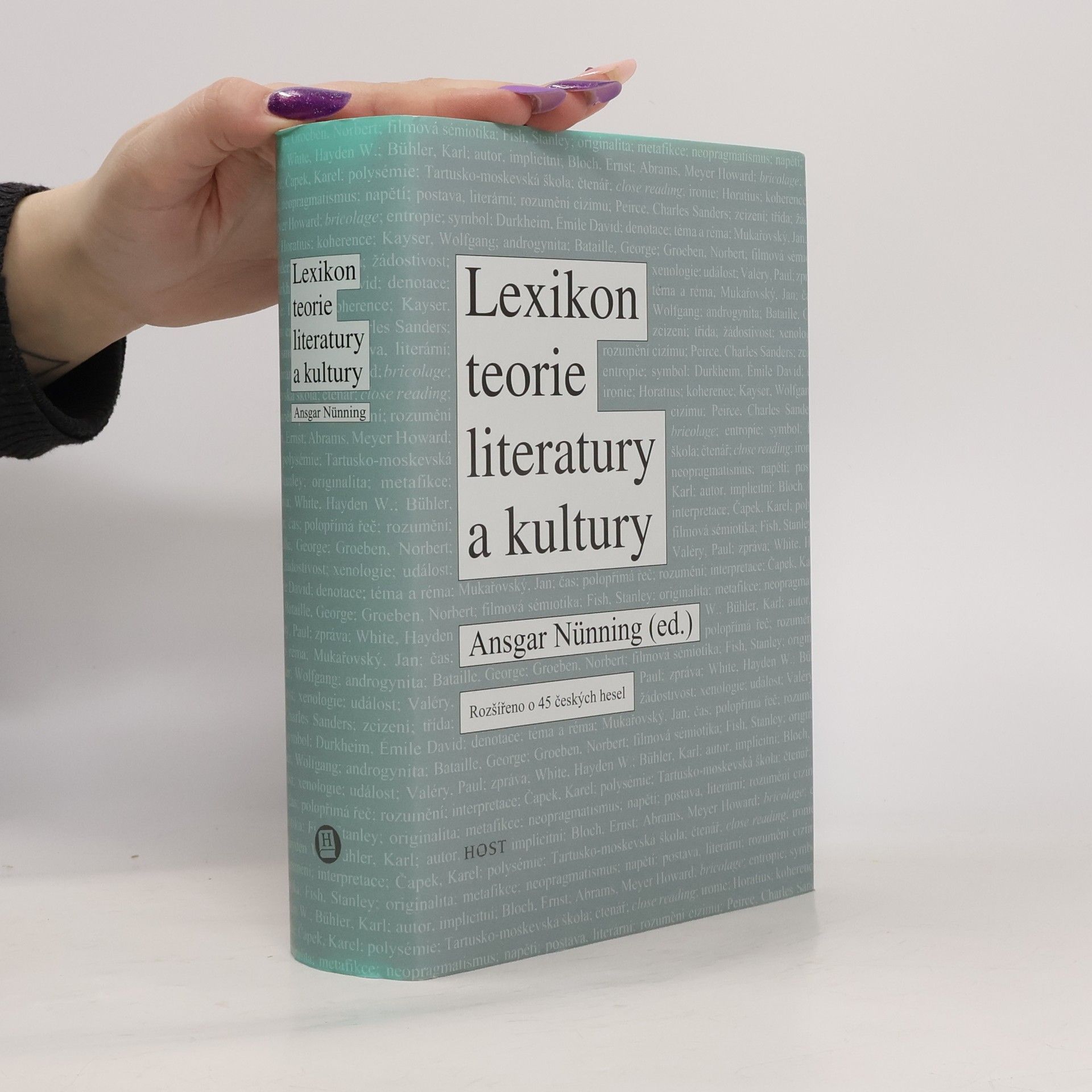Giessen Contributions to the Study of Culture - 15: Fachdidaktik als Kulturwissenschaft
Konzepte, Perspektiven, Projekte
- 318 pages
- 12 hours of reading







Konzepte, Perspektiven, Projekte
Die Kindler Kompakt Bände präsentieren in handlicher Form die 30 - 40 wichtigsten Autoren udn Werke einer Literatur eines Jahrhunderts. Auf 192 Seiten werden sie vorgestellt. Dazu gibt es eine kompakte Einleitung des Herausgebers. Hier werden die Epochen verortet, die großen Linien gezogen, das Wesentliche zusammengefasst. Das alles handlich und in schöner Form, zweifarbige Gestaltung, lesbarer Satz. Schöne literarische Begleiter in allen Lebenslagen - wer Klassiker kauft, wird von Kindler Kompakt begeistert sein!
Sicher im Studium Die Reihe mit dem Grundlagenwissen sämtlicher Teildisziplinen des Studienfachs Anglistik / Amerikanistik Fragestellungen und wissenschaftliche Zusammenhänge des Faches Bietet Orientierung und kompaktes Wissen Einführung in die zentralen Themen und Methoden des Faches und in die englische / amerikanische Literaturgeschichte Für die gezielte und schnelle Vorbereitung auf Hochschulprüfungen übersichtlich und leicht verständlich Zu den Autoren: Vera Nünning ist Professorin für Englische Literaturwissenschaft an der Ruprecht-Karls-Universität Heidelberg. Ansgar Nünning ist Professor für Englische und Amerikanische Literatur- und Kulturwissenschaft an der Justus-Liebig-Universität Gießen.
Der Band „Konzepte der Kulturwissenschaften“ bietet Orientierung in einem interdisziplinären Diskussionsfeld, das inzwischen selbst für Fachleute kaum noch überschaubar ist. Er informiert über die gegenwärtigen kulturwissenschaftlichen Diskussionen - insbesondere in den Literaturwissenschaften - und gibt einen systematischen und umfassenden Überblick über die verschiedenen Ansätze wie Kultursemiotik, Kulturanthropologie und New Historicism. Weitere Kapitel widmen sich der Medienwissenschaft, kulturwissenschaftlicher Geschlechterforschung, Fragen des kulturellen Gedächtnisses oder interkultureller Kommunikation.
Alle Fakten zur Promotion jetzt systematisch zusammengestellt. Welchen Anforderungen müssen Doktoranden gerecht werden? Auf welche Schlüsselkompetenzen kommt es an? Welche Möglichkeiten der Finanzierung eröffnen sich? Die Experten zum Thema Graduiertenförderung geben ausführliche Antworten. Viele Praxishinweise zu effektivem Projekt- und Zeitmanagement und zu Stichworten wie „Juniorprofessur“ und „Druckkostenzuschuss“ machen das Handbuch zu einer wertvollen Entscheidungs- und Arbeitsrichtschnur.
Leitfaden durch die Fülle kulturwissenschaftlicher Begriffe und Theorien. In über 150 Beiträgen informiert der Band über die wichtigsten Ansätze, wie z. B. Dekonstruktivismus, Gender Studies, Postkolonialismus und Kultursemiotik sowie die zentralen Begriffe wie etwa Erinnerung, Ritual und Ethnizität.
Der Band steckt die vielfältigen Chancen einer kulturwissenschaftlich orientierten Literaturwissenschaft ab, Setzt sich aber auch kritisch mit den methodischen Problemen auseinander. Im ersten Teil wird das Spektrum der aktuellen Debatten um das Thema ausgeleuchtet, anschließend wird an exemplarischen Projekten die Praxis kulturwissenschaftlichen Arbeitens erläutert; im dritten Teil wird die Perspektive auf transdisziplinäre Aspekte ausgeweitet.
Theoretische Grundlagen - Ansätze - Perspektiven
Der Band „Konzepte der Kulturwissenschaften“ bietet Orientierung in einem interdisziplinären Diskussionsfeld, das inzwischen selbst für Fachleute kaum noch überschaubar ist. Er informiert über die gegenwärtigen kulturwissenschaftlichen Diskussionen - insbesondere in den Literaturwissenschaften - und gibt einen systematischen und umfassenden Überblick über die verschiedenen Ansätze wie Kultursemiotik, Kulturanthropologie und New Historicism. Weitere Kapitel widmen sich der Medienwissenschaft, kulturwissenschaftlicher Geschlechterforschung, Fragen des kulturellen Gedächtnisses oder interkultureller Kommunikation.